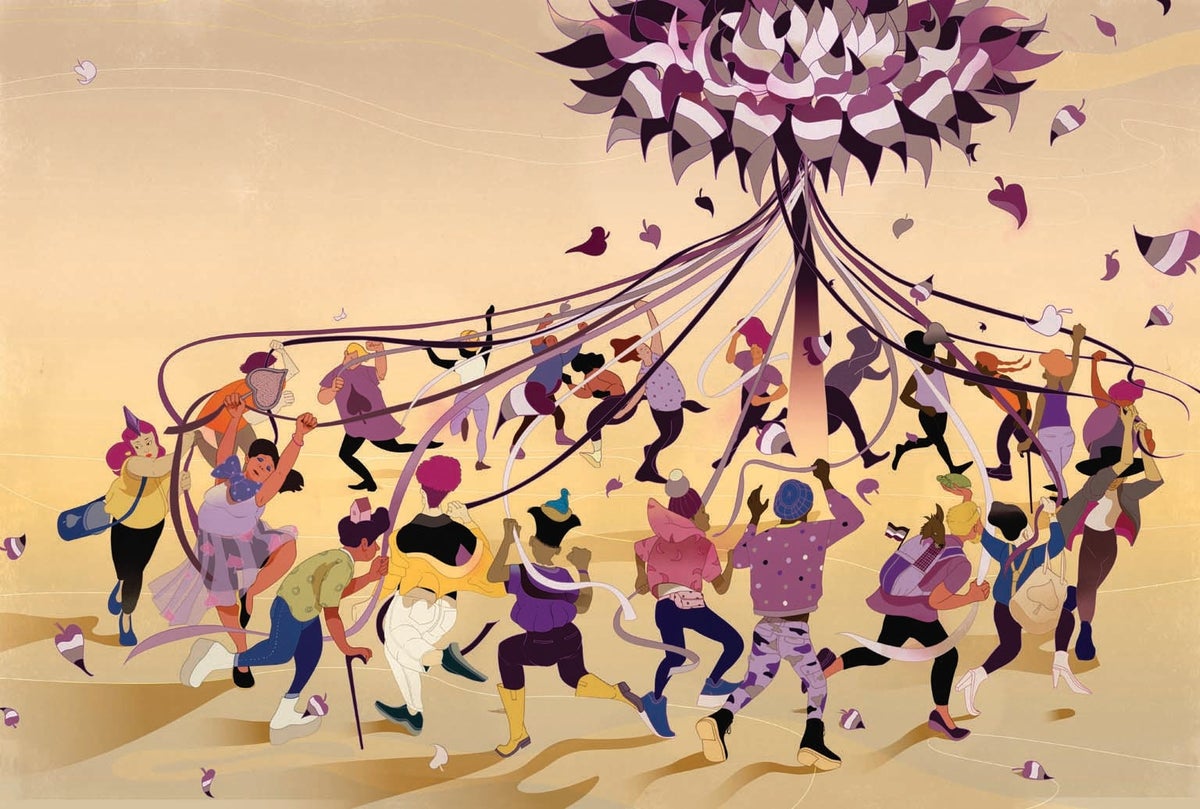New research on asexuality shows why it’s so important for doctors and therapists to distinguish between episodes of low libido and a consistent lack of sexual attraction
…
Over the past two decades psychological studies have shown that asexuality should be classified not as a disorder but as a stable sexual orientation akin to homosexuality or heterosexuality. Both cultural awareness and clinical medicine have been slow to catch on. It’s only recently that academic researchers have begun to look at asexuality not as an indicator of health problems but as a legitimate, underexplored way of being human.
In biology, the word “asexual” typically gets used in reference to species that reproduce without sex, such as bacteria and aphids. But in some species that do require mating to have offspring, such as sheep and rodents, scientists have observed individuals that don’t appear driven to engage in the act.



I mean it’s generally bad form to attempt to explain why someone is of a particular orientation. You don’t say “well you’re only gay because you have trauma,” because that’s fucked up and overtly reductive of a key aspect of their personality.
I don’t experience sexual attraction. I still get horny. Orgasms feel great. I get lonely all the time, and still need social interaction. My experience is far from unique amongst asexual people. I don’t think it’s as simple as a single chemical imbalance.
At the same time, I am scientifically-minded, and understand that my mind arises as a product of the processes of my brain and body. I don’t disagree that hormones play as a factor in my orientation, but not everyone in the ace community shares that sentiment, and of course having your orientation chalked up to a specific medical or phychological “quirk” generally feels bad.